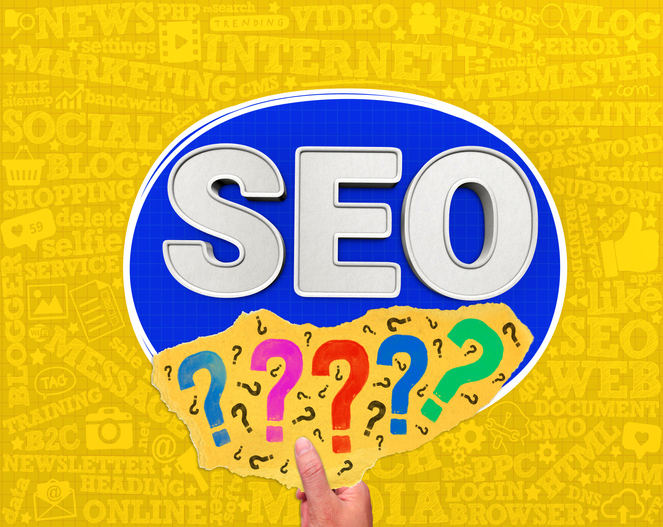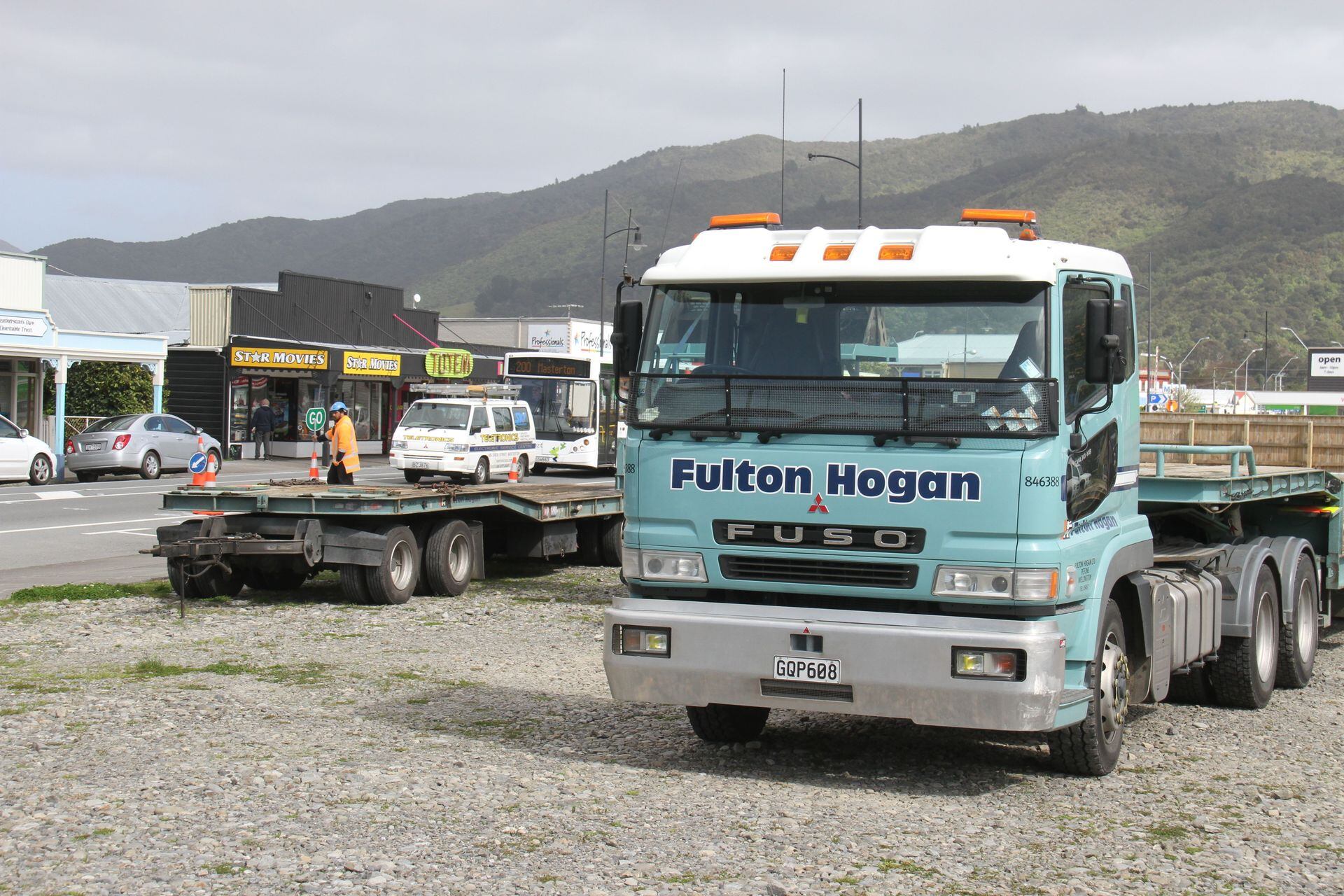When Google makes an announcement about a big algorithm update, it’s worth sitting up and taking notice if you’re a business owner with a website.
This is because search performance (SEO) directly impacts your website’s ranking – and the traffic it gets. This affects how much business your website generates for you.
In late August, the digital marketing industry was understandably worried when Google announced via Twitter that it was releasing a "helpful content" update.
Here’s what it said: “Next week, we will launch the ‘helpful content’ update to better ensure people see more original, helpful content written by people, for people, rather than content made primarily for search engine traffic.”
I remember what happened when Google released Google Panda in 2011. The update affected about 12% of all search queries and had a devastating impact on websites in New Zealand and the rest of the world.
Some businesses said Panda even had a material financial impact on their earnings calls.
Google is the most frequently used search engine globally (Statista), directing much of the world’s internet search traffic, so any changes to how it does this task will likely have an impact on organic website traffic.
In fact, 68% of all online experiences begin with a search and, on average, 53% of any website traffic comes from an organic search. (BrightEdge)
The good vs the bad
Do you have anything to fear? Well, if your website has high-quality, unique and original content that provides genuine value to your visitors, you probably have nothing to worry about.
However, this Google update targets content it deems to be of "low value", so if your search ranking has suddenly dropped, it’s a signal that it’s time to review things.
What makes good content?
Ask yourself – why do people come to your website?
Your content is the make or break between them considering you further or walking away.
A good way to develop or test your content is to view it from a customer’s perspective: does it tell them what they want to know?
It sounds simple, but I often see content based on what the business wants to say, rather than what I need to know.
This isn’t crystal-ball gazing. Your biggest clue is in your keyword research – a strategy based on analysing the types of search queries that direct traffic to your site.
 SEO directly impacts a website’s ranking – and the traffic it gets. (Image: Getty)
SEO directly impacts a website’s ranking – and the traffic it gets. (Image: Getty)
People visit your site at different phases of their customer journey and a good keyword strategy will help you to understand what and how much they need to know at those different stages. This is key to making sure your content is relevant, timely and appropriate. For example – are they just researching or comparing different options? Are they ready to buy and looking for a deal?
Remember that content covers a wide range of formats, like podcasts, infographics, videos, how-to guides, frequently asked questions (FAQs) and interviews with industry experts.
Low-value content
Ask yourself if you have pages on your website with almost identical content trying to target different locations or different keywords.
For example, if you’re a business with separate pages on different locations within the same vicinity, I would be worried.
This could look like: "Lawyers Parnell", "Lawyers Auckland", "Lawyers Remuera", "Lawyers Auckland CBD", and so on.
Google will recognise that this repetition was done mainly for the purpose of SEO and not so much for the benefit of your visitors.
Auto-generated content
It may surprise you to know that there is already a proliferation of companies using artificial intelligence (AI) to create content.
AI has come a long way in the past few years and things like GPT-3 (Generative Pre-trained Transformer 3) are getting close to creating great content.
Google’s algorithm, however, is created by the best minds in the world and in December 2021, they updated their Generalist Language Model (GLaM) in response to developments like this.
Keyword-stuffed content
Read the content on your website. Does it read well or does it sound a bit spammy or as though it’s written for search engines?
One of the key things to look for is the unnecessary overuse of keywords in the copy. The words should flow and sound natural – in the same way you’d talk about your business to a new prospect.
Worried? What you need to do
I would suggest pre-empting the update and deleting poor content from your website right away – or replacing it quickly with high-quality content.
If it’s already too late and you’ve been hit by the update, all is not lost. Fortunately, the update impacts only those specific pages, so you can either remove them or change the content to make it valuable.
Be aware, however, that it’s likely to take months before that content will start ranking again.
Google actually has issued guidance around what it’s looking for in terms of content. Here's a summary in this blog post.
Facts about the update:
- Google has an online form where you can submit feedback about the update, or request another review if you don’t believe you should have been impacted.
- The update looks at the website as a whole and impacts only individual pages rather than the whole website.
- Initially, it’s having an impact only on English-language searches.
- Some sites will be hit harder than others, due to the signal being weighted.
- The update is 100% algorithmic, which means it may have an impact initially on sites that shouldn’t be hit – and may miss many that should be.
Remember that Google will keep making updates and improvements, prioritising websites that provide the best experience to its users, and good content is a major part of that.
Every website should stick to good content practices, anyway – regardless of algorithm updates.
The Pure SEO website has a free-to-download keyword research guide that will lead you through the keywords process.












